DiGi Cloud ERP (Wholesale & Retail)
Modules of ERP
Finance and Accounting
This module allows manufacturers to understand the current financial state and future outlook of the organization
Human Resource Management
Human resources are an organization’s most valuable asset, and their effectiveness
Procurement
Also known as Purchasing, this module helps an organization manage and safeguard goods required
Manufacturing
The first version of ERP was designed for manufacturers MRP or Material Requirement Planning
Order Management
Order Management provides a single platform to manage orders from all sales channels
Inventory Management
Inventory Management allows manufacturers to gain real-time inventory information
Warehouse Management
Warehouse Management software manages high-volume warehouse operations and guides
Supply Chain Management
Supply Chain Management tracks every step in the supply chain process
Customer Relationship Management
Customer Relationship (CRM) helps manufacturers manage the customer lifecycle
Ecommerce
An Ecommerce module integrated with ERP software provides a feature-rich eCommerce platform
Point Of Sales(POS)
POS (Point of Sale) integrated with DiGi ERP (Enterprise Resource Planning) system allows for seamless and efficient management of sales transactions and inventory updates within a single platform.
Integration
DiGi ERP supports 3rd party integrations including Peppol, Singpass, Xero, Tally, and SAP, among others, to enhance the functionality and improve the efficiency of business processes.
Business Intelligence(BI)
DiGi ERP offers a robust Business Intelligence (BI) solution that provides real-time insights, data visualization, and reporting capabilities to support informed decision-making and help drive business growth.
Purchasing
The purchasing module in DiGi ERP streamlines the procurement process, from creating purchase orders, tracking deliveries, and managing vendor relationships to improving the accuracy of inventory management and reducing manual errors.
Sales Force
The Sales Force app module in DiGi ERP provides a centralized platform for sales teams to manage customer interactions, take orders, and monitor performance, enabling effective sales management and driving business growth.
B 2 B
The B2B module in DiGi ERP streamlines B2B (business-to-business) transactions, from order management, invoicing, and payment processing to improving the accuracy of inventory management and reducing manual errors, thereby enhancing efficiency and reducing operational costs.

B 2 C
The B2C (business-to-consumer) module in DiGi ERP enables effective management of direct-to-consumer sales, from order processing and fulfillment to customer relationship management, providing a comprehensive solution for online and in-store sales
Finance and Accounting
This module allows manufacturers to understand the current financial state and future outlook of the organization. The major features in this module include general ledger, accounts payable, accounts receivable, and taxation. The Finance and Accounting module in ERP automates billing tasks, account reconciliation, vendor payments, and more. Financial planning and analysis data help to prepare key reports such as Profit and Loss statements.

Human Resource Management
Human resources are an organization’s most valuable asset, and their effectiveness is directly tied to the company’s long-term viability and profitability. As a result, connecting your ERP software with the HR and Payroll administration module is critical for adding value to the human resource department’s everyday operations and demands. Processing salaries and managing personnel is significantly easier with a single system. Furthermore, having a well-equipped ERP for HR and Payroll administration allows for the secure storage of employee data while also allowing for easy access. This data gives you a better picture of your employees’ performance and expectations, allowing you to make better decisions by analyzing them and achieving a better-managed workforce.

Procurement
Also known as Purchasing, this module helps an organization manage and safeguard goods required to manufacture or sell products. The Procurement ERP software module helps you automate, track, and analyze quotes. Once a quote is accepted, this module helps the purchasing department prepare and send a purchase order. As a manufacturer, you can keep a list of approved vendors and associate specific supply items with each vendor.
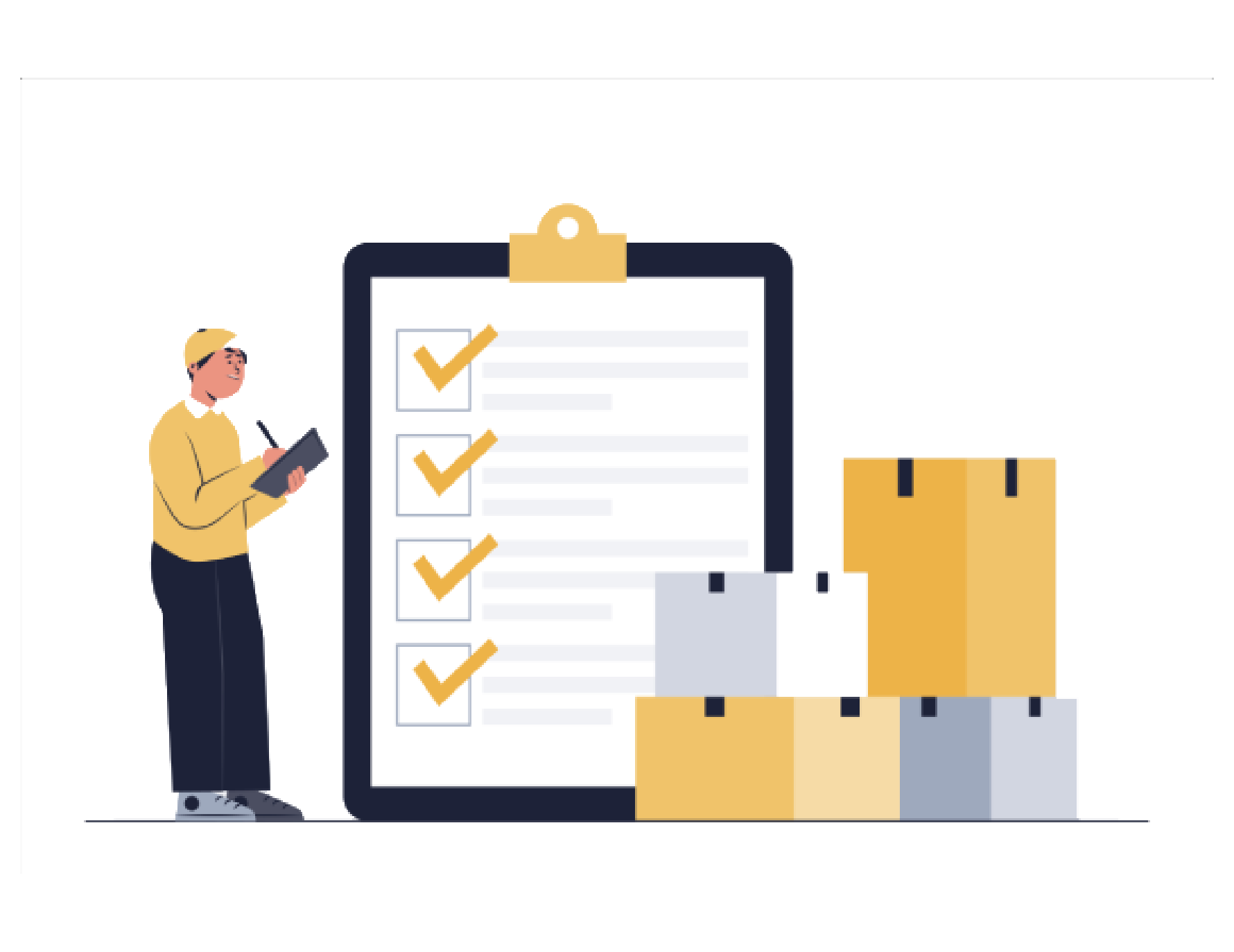
Manufacturing
The first version of ERP was designed for manufacturers. MRP or Material Requirement Planning was the earliest version of ERP that helped businesses estimate quantities of raw materials to schedule on-time deliveries. Modern ERP for manufacturers offers functionality such as Material Requirement Planning (MRP), Advanced Planning and Scheduling (APS), and Manufacturing Execution System (MES). Material Requirement Planning synchronizes the flow of materials that are aligned with the production schedule. It focuses on customer retention, cost reduction, and productivity through one view of all demand-driven activities. Advanced Planning and Scheduling helps manufacturers map every single resource required to fulfill the order and deliver it on time. It automates the process of converting planning into production orders. It also adjusts schedules in real-time and forecasts the downstream impact in operations. The Manufacturing Execution System tracks, collects and monitors accurate data about the production cycle. It promotes data collection, product tracking, and management of quality control and resources.
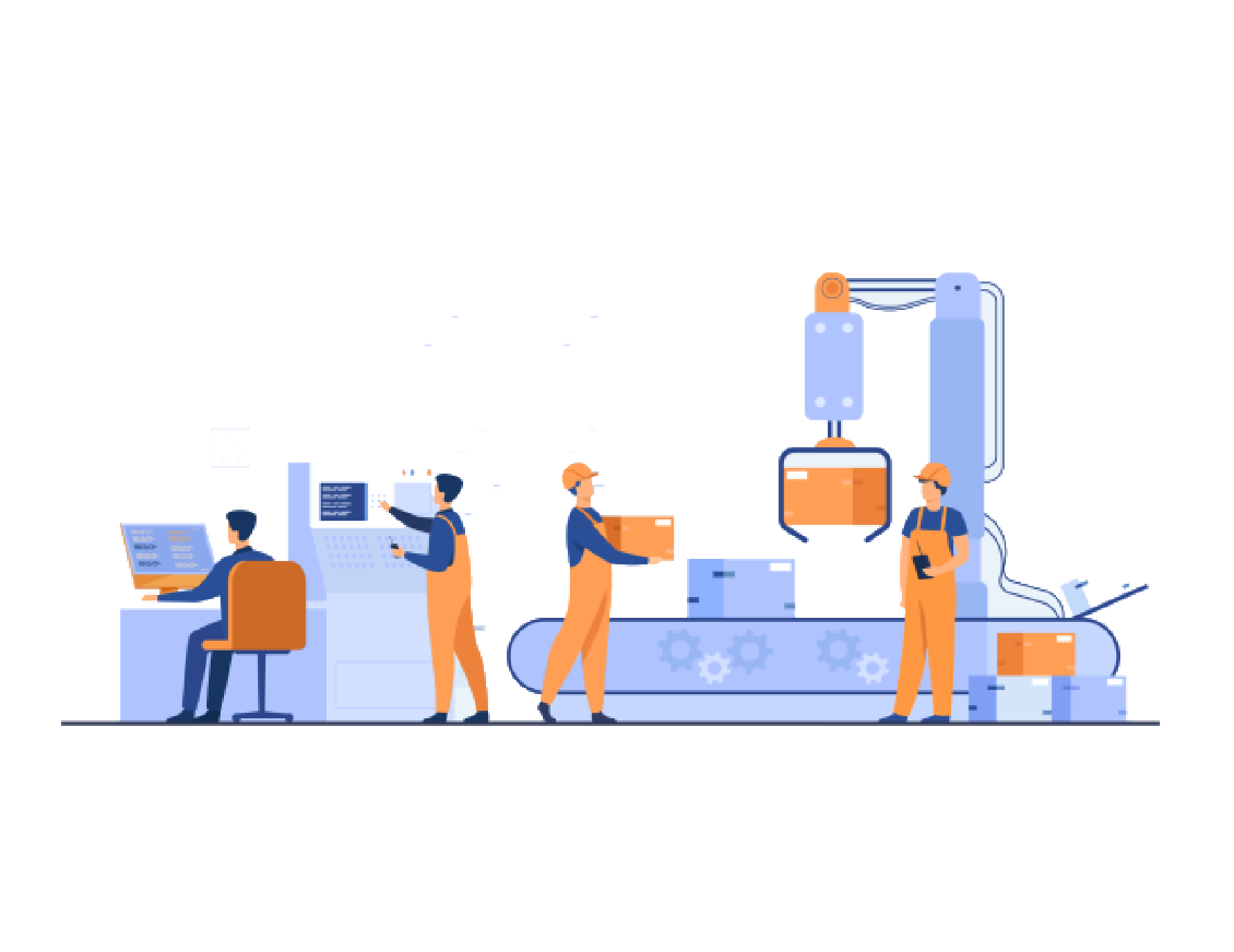
Order Management
Order Management provides a single platform to manage orders from all sales channels, from receipt to delivery. It tracks their status as they are shipped to customers. This ensures on-time delivery of orders and that no orders are lost. Order Management provides a single platform for increased efficiency, better customer experience, and management of all sales channels. From tracking orders to managing people and data connected to the orders, the Order Management module delivers visibility and service availability.
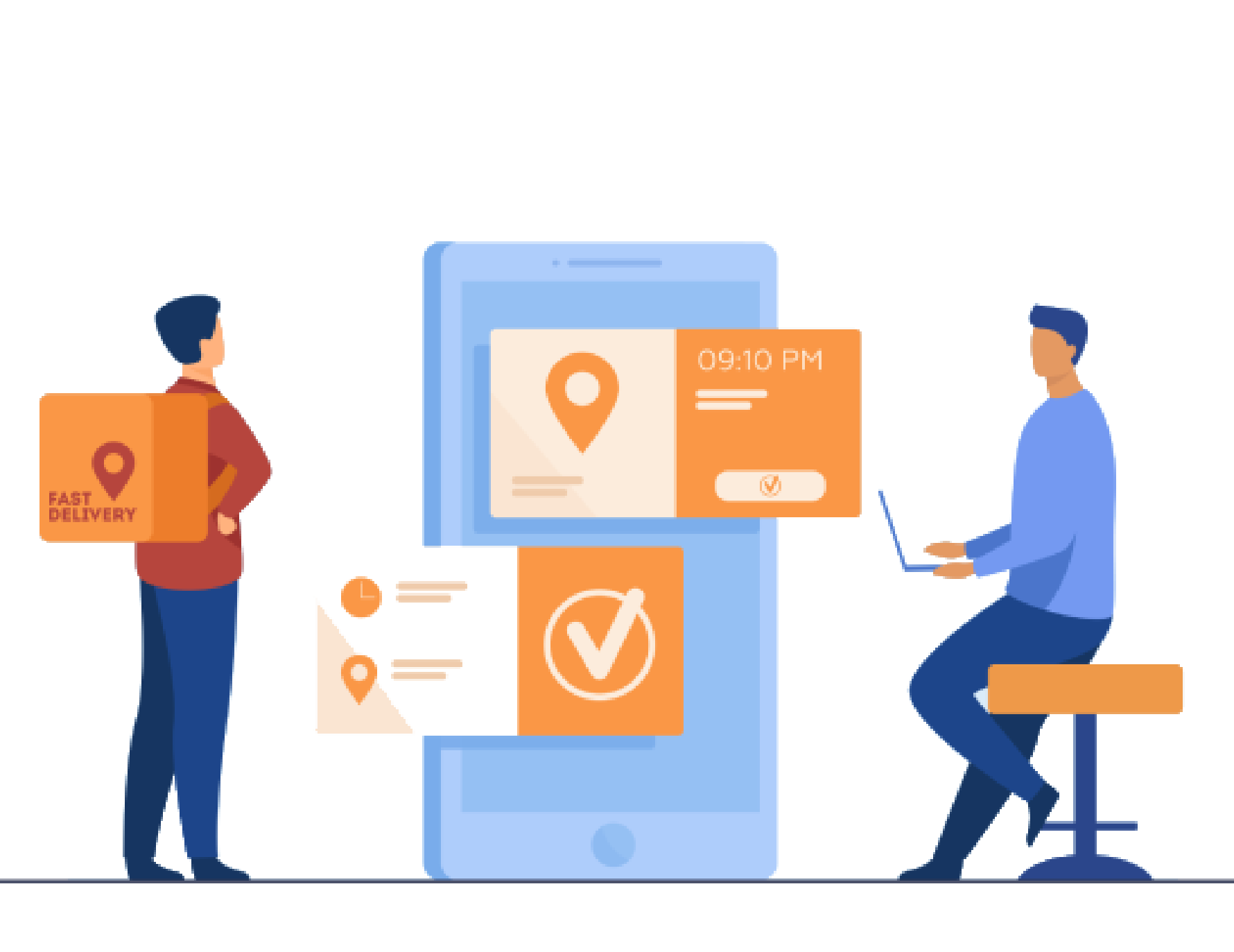
Inventory Management
Inventory Management allows manufacturers to gain real-time inventory information and manage all aspects of the business on one platform. This includes finance, planning, logistics, and operations. The Inventory Management ERP module provides just-in-time (JIT) inventory, real-time goods receipts, and inventory levels, valuation of inbound and outbound inventory, ABC item analysis, inventory audits, accurate forecasting, direct drop shipment, and more.
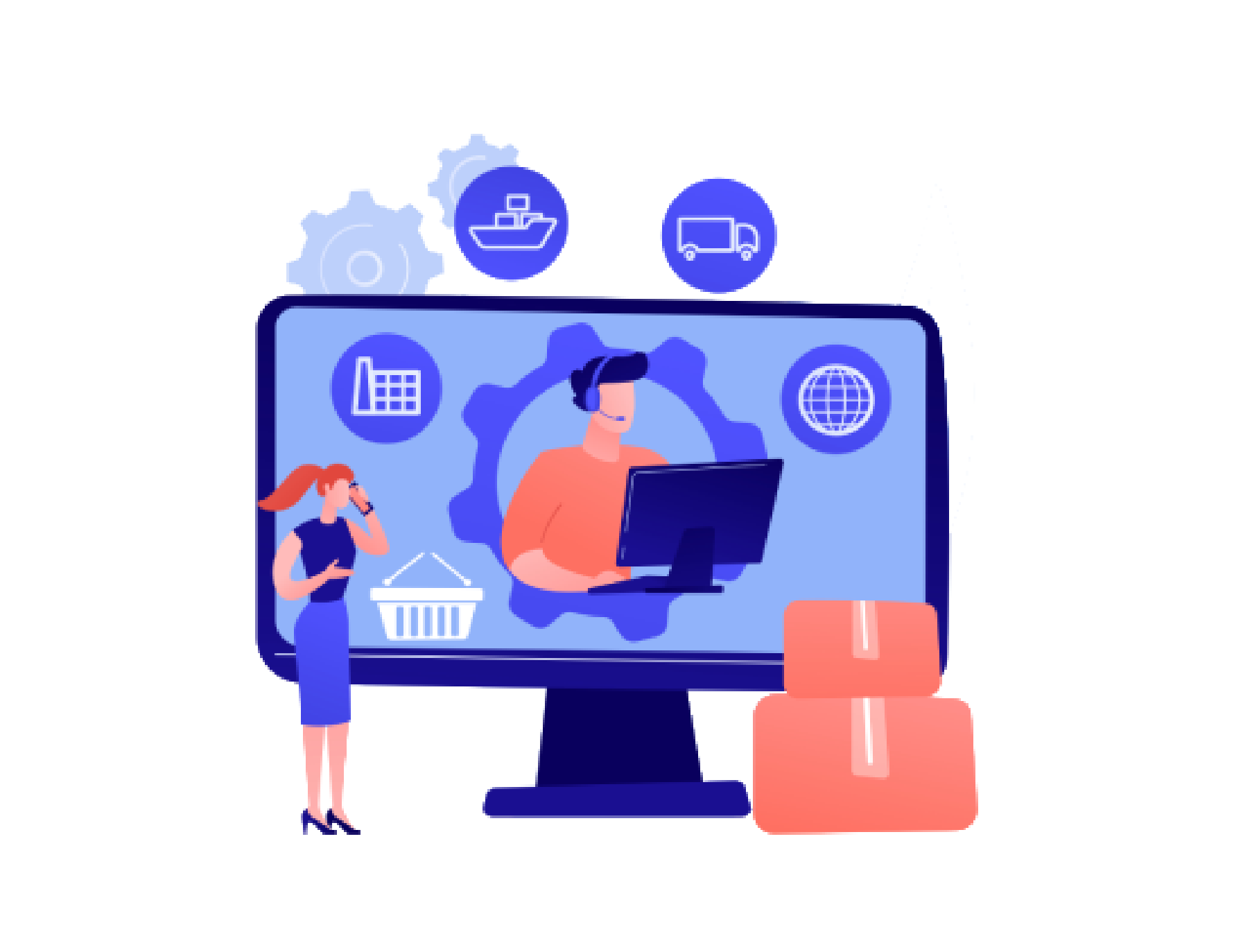
Warehouse Management
Warehouse Management software manages high-volume warehouse operations and guides employees throughout the operation, from put away to picking, packing, and shipping. It is a crucial module for manufacturing organizations. Warehouse Management reduces cycle times and overhead costs while increasing inventory turns. It lets you automatically coordinate and record the movement of inventory. When this module is integrated into an ERP solution, employees can easily locate the right products to ensure timely delivery to customers.
Other possible features include:
- Warehouse management systems (WMS)
- Stock transfers/tracking (both on-premises and involving external fulfilment centres)
- HR & Payroll
- Procurement
- Payment gateways
- Barcoding and scanning
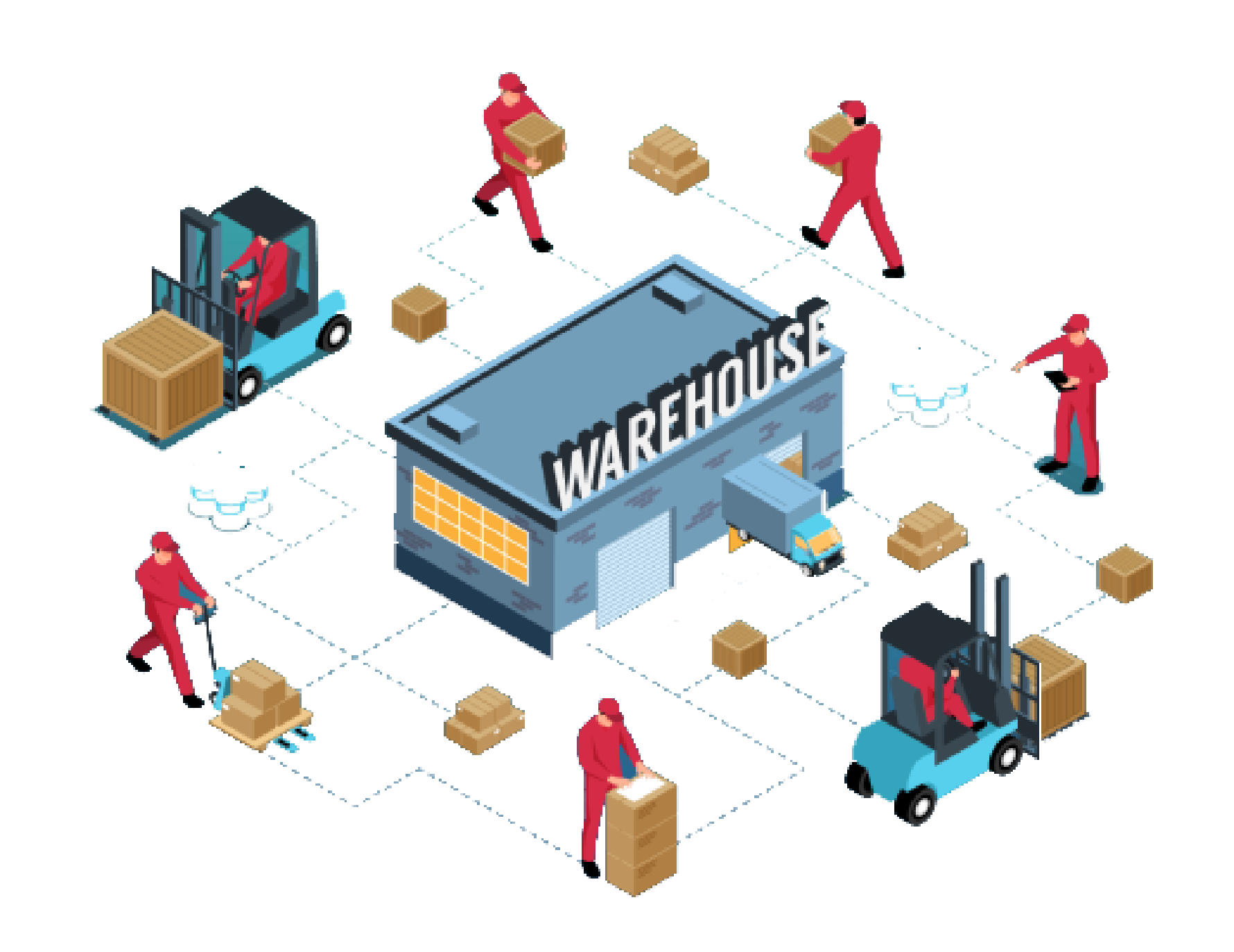
Supply Chain Management
Supply Chain Management tracks every step in the supply chain process. It ensures the availability of the right inventory, in the right place, and at the right time. This module also manages man, materials, and refunded products or replacement orders.

Customer Relationship Management
Customer Relationship Management (CRM) helps manufacturers manage the customer lifecycle, from initial contact to sales, production, and post-sale maintenance and support services. You can find information about customers and prospects, their communication history, and purchase history. ERP CRM helps you create and manage service and warranty agreements efficiently and provide faster response to service calls. It enables you to automate operations such as generating accounts receivables, sending notifications, filling out purchase orders, and more.

Ecommerce
An Ecommerce module integrated with ERP software provides a feature-rich eCommerce platform for B2B and B2C manufacturers. It ensures a shared database of payment, order, and inventory information. The Ecommerce module ensures automation, real-time information, data consistency, and eliminates data redundancy. It saves time and eliminates the possibility of manual data entry errors.
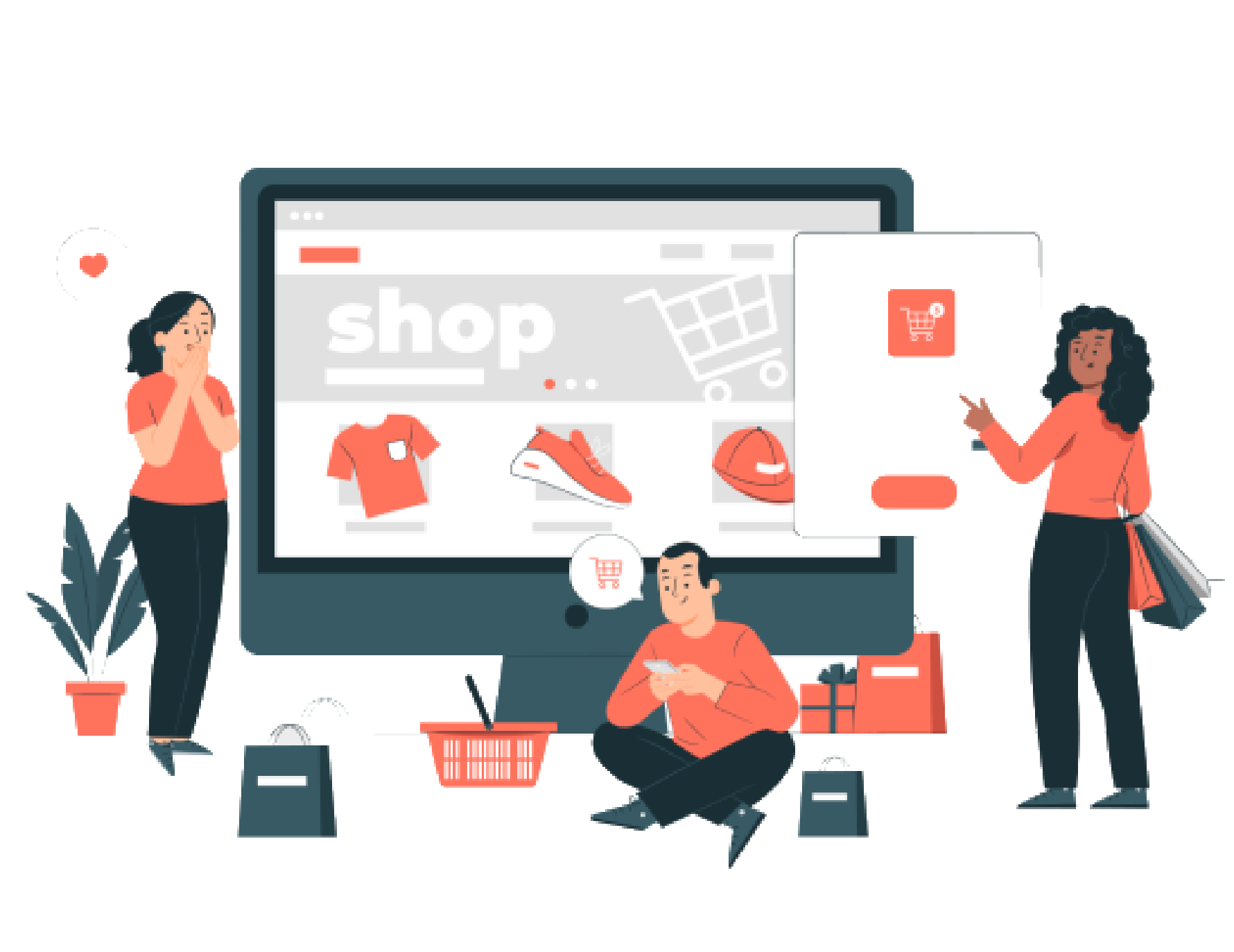
Ready to get started
We can help you to create your dream for better business revenue.

